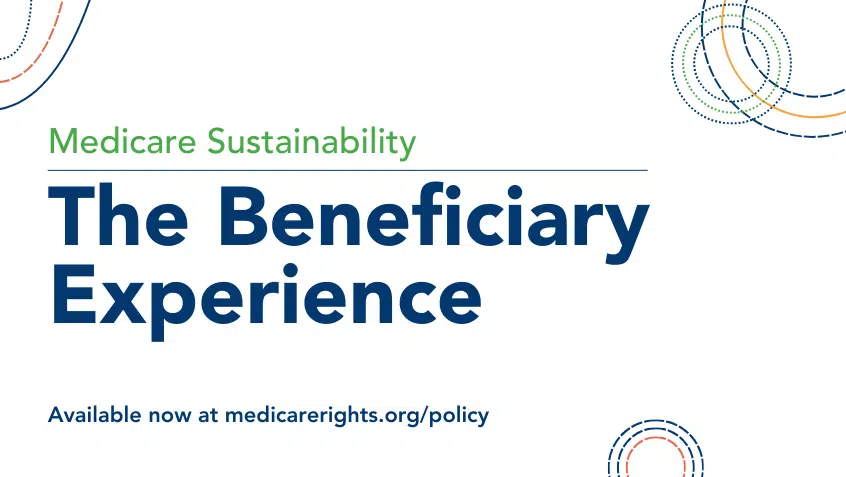Join Us Live for a Discussion on Medicare, Democracy, and the Future of Health Care

As 2019 gets underway, the Medicaid program continues to be in the spotlight. This week, the Kaiser Family Foundation (KFF) released an issue brief that highlights some of the major program changes that states, the Administration, and Congress may pursue in 2019.
Over 66 million people receive their health coverage through Medicaid, including older adults, people with disabilities, children, low-income parents, and other adults. Any changes to the program, therefore, have the potential to affect millions of families.
KFF predicts we may see a mixture of good and damaging Medicaid proposals this year. For example, a handful of states have expanded or will be expanding Medicaid in 2019, including Virginia and Maine. The Affordable Care Act’s Medicaid expansion is vital for people approaching Medicare eligibility. Such individuals may be experiencing difficulty finding and maintaining employment and are more likely than younger people to be dealing with significant health issues that make work difficult but do not make them eligible for formal disability. In addition, even those who have a formal disability finding from Social Security must wait two years for their Medicare coverage to begin, making Medicaid vital.
Other positive developments include flourishing initiatives to combat the opioid crisis. Services already exist in Medicaid to help those with substance use disorders, but a focus on the issue has led to states creating or renewing programs to help Medicaid enrollees who are struggling with addiction.
But not all of the Medicaid trends are positive.
The Trump administration continues to support harmful work requirement waivers that allow states to put new conditions on enrollment in the Medicaid program. Most notably, the waivers allow states to require certain adults to work in order to receive health coverage. The waivers claim to be an effort to encourage people with Medicaid to work, but a federal court has found that the work requirements violate the purpose of the Medicaid program. And data from Arkansas, the only state that has put a work requirement in place, show that the new rules are resulting in thousands of people losing access to coverage. People approaching Medicare eligibility are especially at risk as they may struggle to find and keep work.
Similarly, the administration has proposed new “public charge” rules that would penalize immigrants for accessing health care through Medicaid. The public charge rule, if enacted as proposed, would disproportionately harm people with health concerns, including older adults and people with disabilities. The proposed changes would force some immigrants to choose between pursuing citizenship or reuniting with their families and accessing health care and other important supports they need to thrive.
This potential mix of positive and negative developments in Medicaid will likely make 2019 a turbulent year for the program. At Medicare Rights, we understand that Medicaid and Medicare are linked and that changes to one program inevitably impact the other. As always, our goal is to protect older adults, people with disabilities, and their families and to ensure that affordable, comprehensive health coverage is a reality for all.
Show Comments
We welcome thoughtful, respectful discussion on our website. To maintain a safe and constructive environment, comments that include profanity or violent, threatening language will be hidden. We may ban commentors who repeatedly cross these guidelines.
Help Us Protect & Strengthen Medicare.
Donate today and make a lasting impact.
The Latest
Most Read
Add Medicare to Your Inbox
Sign up to receive Medicare news, policy developments, and other useful updates from the Medicare Rights.
View this profile on InstagramMedicare Rights Center (@medicarerights) • Instagram photos and videos









